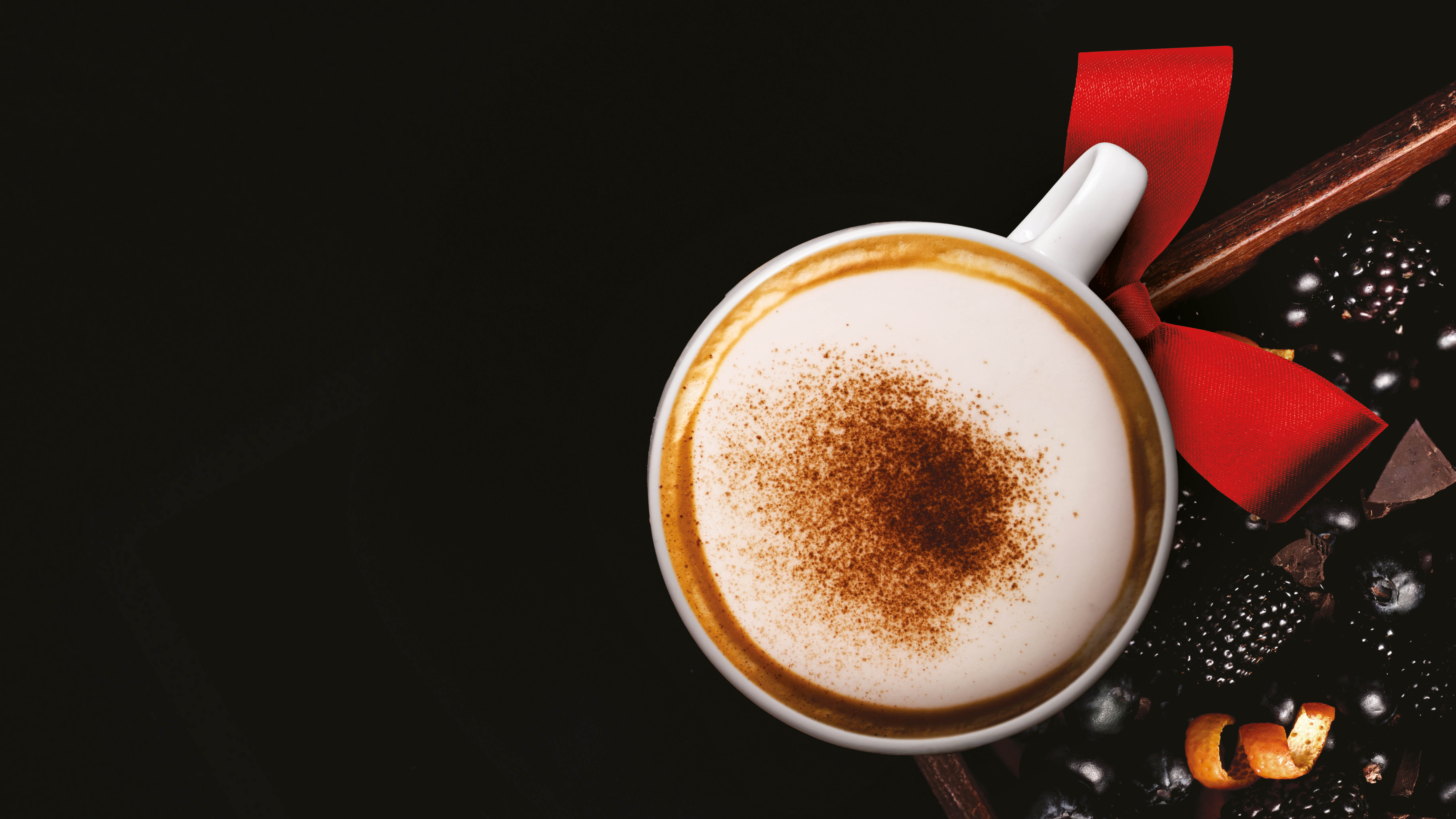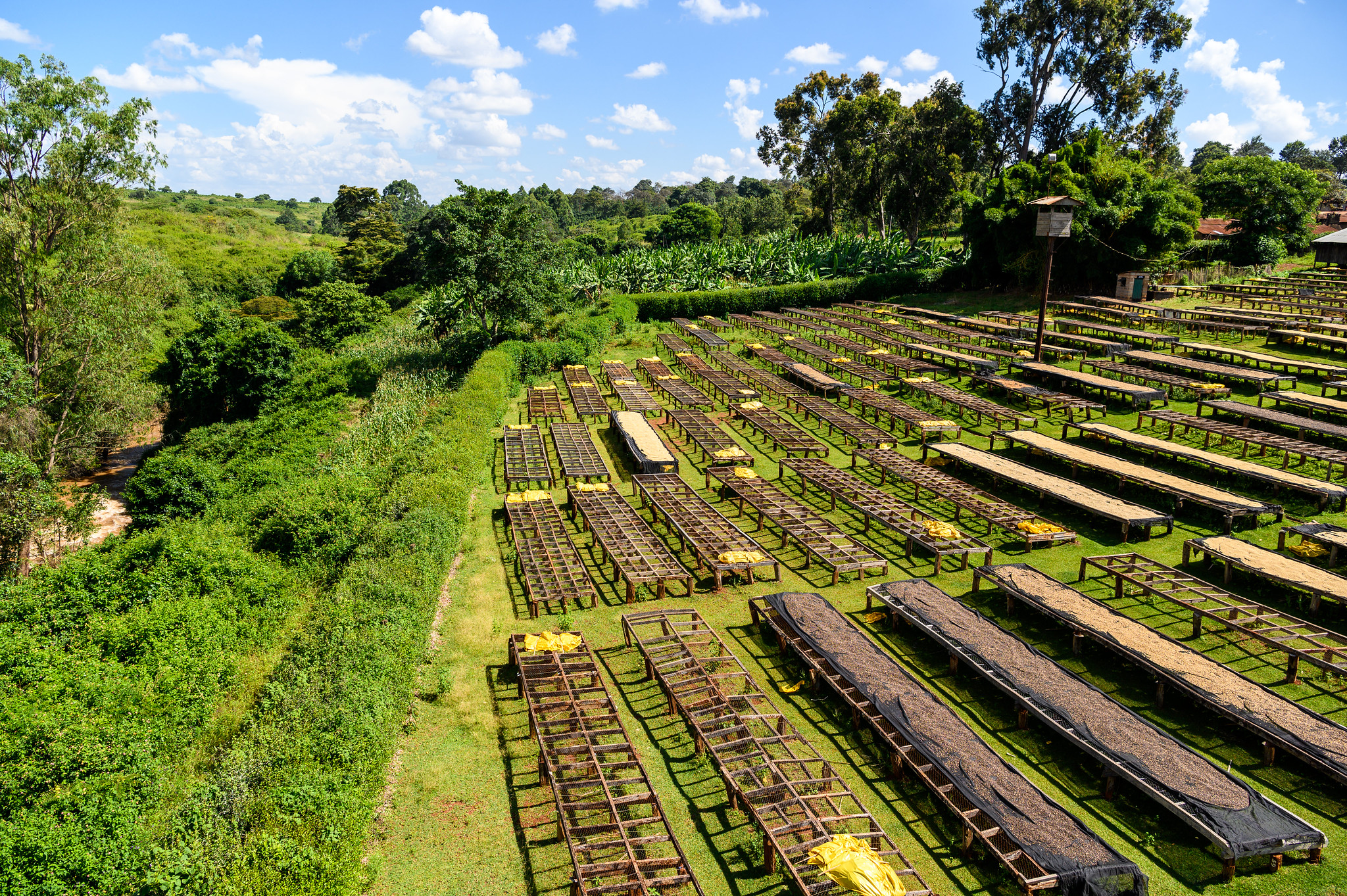How did you get into coffee sourcing?
I started in coffee, probably back in Ecuador, where I used to sell, or at least trying to sell, roasted coffee from a coffee farm of a good friend.
I say trying because I thought it was enough to know a bit of the crop.
Years later, I got a job in one of the best speciality coffee shops in London, while doing my first degree in agriculture. I knew the game was just starting.
I fell in love with everything about coffee; the places where coffee grows, the amazing skills of coffee farmers, roasters, baristas and of course the beautiful aromas and flavours of coffee.
Can anybody pursue a career in Coffee sourcing?
Once I discovered my passion for coffee, I started to focus my studies on coffee. A degree in agriculture, economy or natural science would help, but dedication, passion and great sensitivity to people and cultures are probably the most important.
There is no set formula to pursue a career in coffee sourcing. Everyone I know has started their careers from different backgrounds, baristas, coffee graders, cuppers, travellers, and learning from previous generations (business owners), to mention just a few.
In my case, my background in agriculture and sustainability, as well as learning barista skills and coffee tasting, helped me tremendously. I also found great enjoyment in serving coffee lovers.
What do heightened senses (smell and taste) have to do with coffee sourcing?
To source coffee or, better said, to source the right coffees for the right job (drink, blend, customer requirements) requires a lot of sensory skills.
You need the ability to taste coffee and discern flavours and unique attributes.
Coffee tasting, or cupping, is done to find and report flavours as well as make decisions on how the coffee will be served.
It's also during tasting when imperfections or defects, natural or man-made, can be detected. This eventually dictates the quality and price of the coffee.





